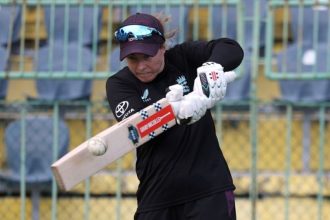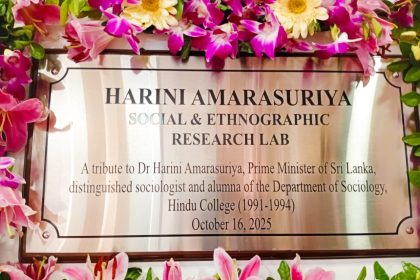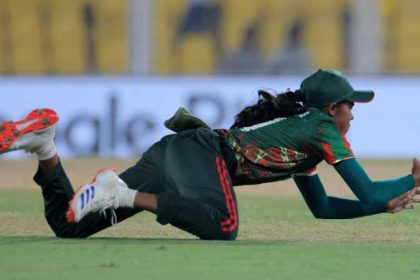New Zealand’s women’s team are in Colombo this week for their Women’s World Cup fixtures against the hosts and Pakistan and local fans can’t help but recall how former skipper Martin Crowe once played a match-winning innings off the field — saving Sri Lanka from cricketing isolation.
Barely two years after Sri Lanka gained Test status, the civil war broke out. In 1987, a deadly bomb blast at the Colombo Central Bus Station killed more than a hundred people, bringing the island to its knees. The New Zealand team was touring at the time and the series was abandoned midway.
For the next five years, no international team dared set foot on Sri Lankan soil. That forced several players to retire prematurely, including their charismatic captain Ranjan Madugalle. He was just 29.
The Board of Control for Cricket in Sri Lanka knocked on many doors, pleading for teams to return. Australia finally agreed, followed by New Zealand — but tragedy struck again.
While the Kiwis were in Colombo, a suicide bomber killed the Navy Commander Clancy Fernando, right outside the team hotel. Panic spread and the tour was on the verge of being called off. Sri Lankan officials made a desperate appeal to Martin Crowe, urging him to stay. Crowe, calm under pressure like in his playing days, agreed — but his task was far from over.
He had to convince his own teammates to stay the course. Five players and the coach chose to fly back home. Undeterred, Crowe arranged for replacements from New Zealand and doubled up as captain and coach — truly a one-man rescue act. The tour went ahead without further interruption and within the next 36 months, India, England, Pakistan and South Africa followed suit.
At that time, there was no New Zealand High Commission in Colombo. One would only open in 2021 under Michael Appleton, a cricket romantic who made it a point to attend matches — Galle being his favourite venue.
Sri Lankans, ever warm and grateful, hold Crowe close to their hearts for that selfless decision which kept cricket alive when the island was on the brink.
A stylish right-hander and a cerebral captain, Crowe was one of New Zealand’s finest — a batsman who relished subcontinental conditions and a leader ahead of his time, guiding a modest side to the 1992 World Cup semi-finals.
After hanging up his boots, he became a breath of fresh air in the commentary box — articulate, insightful and refreshingly honest. When he was diagnosed with cancer years later, Sri Lankans held poojas to bless him, led by the country’s beloved cheerleader, Percy Abeysekara.
“I crow, you crow, we all crow for Martin Crowe,” Percy said when the press asked for a comment.
Crowe lost his battle with cancer in 2016, aged just 53. But his legacy endures — not only for his artistry with the willow, but for that magnanimous gesture that ensured Sri Lanka’s cricketing dream did not die in the dark days of war.





